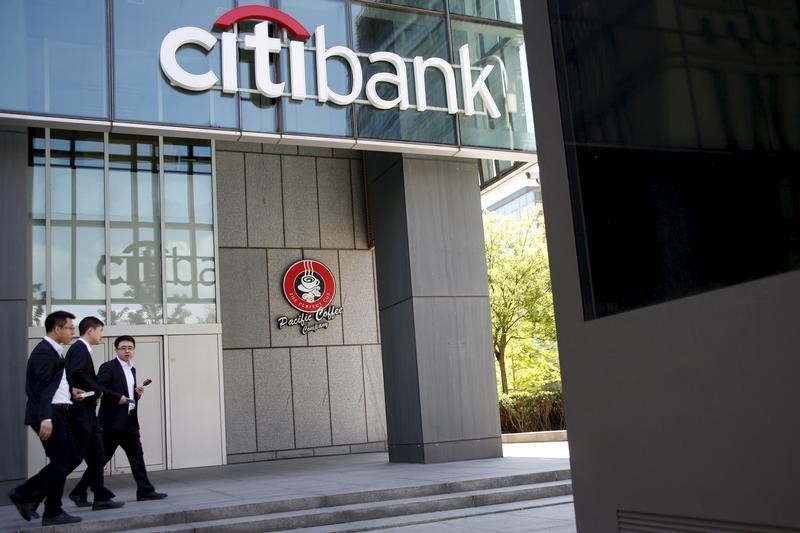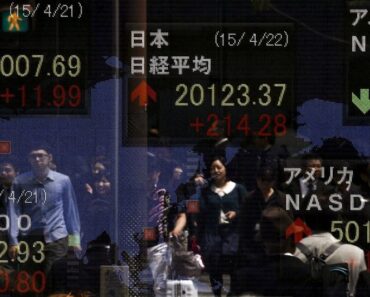This post was originally published on this site

U.S. authorities launched emergency measures on Sunday to shore up confidence in the banking system after the failure of Silicon Valley Bank threatened to trigger a broader financial crisis.
COLLAPSE
*Startup-focused lender SVB Financial Group on March 10 became the largest bank to fail since the 2008 financial crisis, in a collapse that roiled global markets.
*California banking regulators closed the bank, which did business as Silicon Valley Bank, and appointed the Federal Deposit Insurance Corporation (FDIC) as receiver for later disposition of its assets.
*The Santa Clara, California-based lender was ranked the 16th biggest in the U.S. at the end of last year, with about $209 billion in assets.
*Banking regulators said on Sunday that SVB depositors would have access to their funds on Monday, putting to rest fears that startups would struggle to pay their employees this week.
*State regulators closed New York-based Signature Bank on Sunday, the third-largest failure in U.S. banking history. All of the depositors of Signature Bank and Silicon Valley Bank will be made whole, and “no losses will be borne by the taxpayer,” the U.S. Treasury Department and other bank regulators said.
*Monday morning, nervous customers who lined up outside SVB’s Santa Clara headquarters were told by a Federal Deposit Insurance Corporation employee, “You will be able to transact business as usual.”
GLOBAL MARKET REVERBERATIONS
*Sliding bank shares dragged Wall Street lower on Monday with investors worried about a possible contagion effect. Shares of big U.S. banks, including JPMorgan Chase & Co (NYSE:JPM), Citigroup (NYSE:C) and Wells Fargo (NYSE:WFC) all lost ground.
*First Republic Bank fell sharply as news of fresh financing failed to reassure investors, and so did Western Alliance (NYSE:WAL) Bancorp and PacWest Bancorp.
*In Britain, HSBC bought the UK arm of Silicon Valley Bank for a symbolic one pound on Monday, rescuing a key lender for technology startups in England.
*Bank shares in Europe and Asia plunged on Monday as the SVB meltdown continued to batter markets. Big decliners included Germany’s Commerzbank (ETR:CBKG) and also Credit Suisse.
*Government bond yields on both sides of the Atlantic fell on Monday as investors rushed into safe-haven assets while assessing the possible fallout from SVB’s collapse amid bets on less aggressive tightening from the U.S. Federal Reserve.
*The SVB shock could also have a chilling effect on the British biotech sector, executives said. About 40% of the UK’s biotech companies were banking with Silicon Valley Bank’s (SVB) British arm, according to the UK BioIndustry Association (BIA).
*Chinese startups and fund managers said they are still looking to move their money out of SVB once they can. As SVB was one of the few banks that made it easy for startups to open bank accounts for dollar financing, it was the dominant foreign bank of choice for young companies in China, advisers and companies said.
The SVB collapse also affected commodities including gold and copper. Copper rose in London in volatile trading on Monday. The volatility in copper and other base metals prices is “the result of the overall risk aversion that is spreading in financial markets due to the collapse of SVB,” said Julius Baer analyst Carsten Menke.
Emboldened by bets that the U.S. Federal Reserve may have to slow its rate hikes, and with investors seeking safe havens, the price of gold raced above the key $1,900 level.




